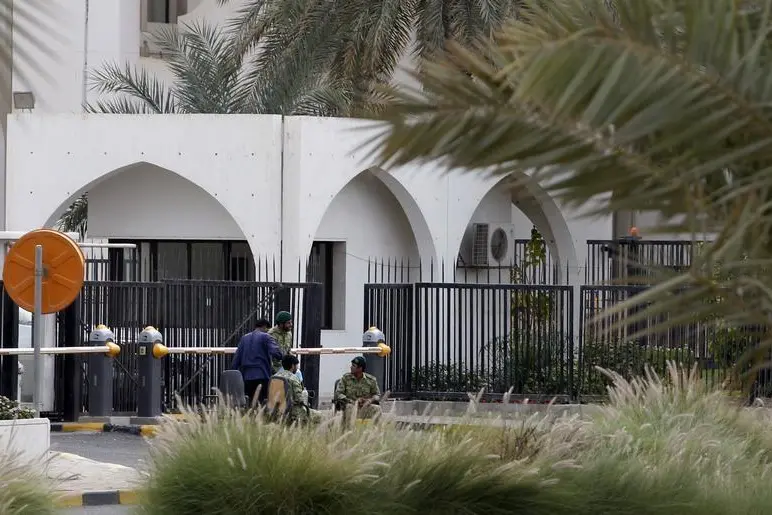PHOTO
KUWAIT- Kuwait's parliament is unlikely to approve the current version of a debt law proposed by the government, the speaker of the Kuwaiti National Assembly said on Sunday.
Kuwait needs to pass the law to be able to borrow more and have additional tools at its disposal to avoid depleting one of its state funds to finance the government deficit.
Speaker Marzouq Al-Ghanim said the law had been on the legislature's agenda since 2018 and aimed to raise the maximum public debt to 25 billion dinars ($81 billion).
On Thursday, the government withdrew the law from early 2018 and submitted a new one that would make the maximum public debt 20 billion dinars, he said.
But the timing of introducing the law was bad and the chances of passing it in parliament are "almost non-existent," Ghanim said in the parliament on Sunday.
He advised the government to withdraw the law and introduce a new one that takes into account the circumstances of the coronavirus outbreak.
"The new law was approved by the cabinet from early to mid-February, that is, before the crisis and before its repercussions, and it has nothing to do with what is happening now," he said.
Kuwait's sovereign wealth fund stands at about 500% of GDP, but the portion available for budgetary purposes is estimated at only around 50% of GDP, S&P Global Ratings said last month.
Should Kuwait not pass the debt law, it is unclear whether it could face budget constraints or start drawing on assets from its Future Generations Fund, which has happened only once before, during the Gulf War, said the agency.
Kuwait last week announced measures aimed at shoring up its economy against the coronavirus pandemic, including soft long-term loans from local banks, and the central bank asked banks to ease loan repayments for companies affected.
A government source told Reuters that in light of the oil price fall, passing a debt law allowing Kuwait to borrow more had become a "government priority".
Oil prices plunged last month after the collapse of an agreement between producers on crude production cuts.
Kuwait has drawn down on its state fund, the General Reserve Fund, to cover its deficit. The source said the government withdrew 43.8 billion Kuwaiti dinars ($139.70 billion) in the five years until the 2018-2019 fiscal year, and 3.7 billion dinars in the 2019-2020 fiscal year.
This means the fund has around 14 billion dinars ($44.65 billion) left, the source said.
($1 = 0.3 Kuwaiti dinars)
(Reporting by Ahmed Hagagy, writing by Davide Barbuscia, Editing by Angus MacSwan) ((Davide.Barbuscia@thomsonreuters.com; +971522604297; Reuters Messaging: davide.barbuscia.reuters.com@reuters.net))





















